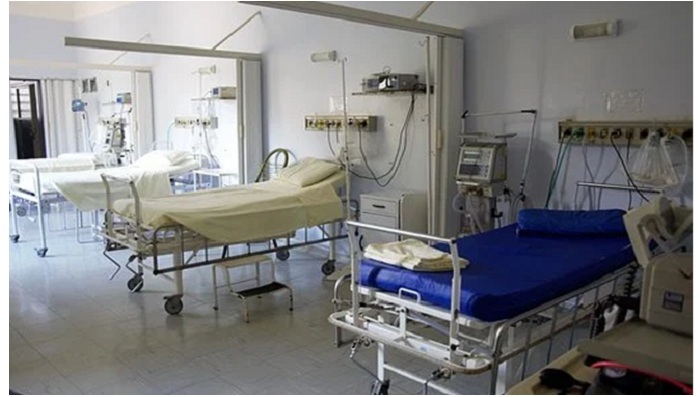HVAC filters vary not only in their dimensions but in their quality, and you may find certain features in some while not in others. When it comes to knowing how many particles each filter can catch, it’s useful to know their assigned MERV rating. This stands for Minimum Efficiency Reporting Value, or what size particles the air filter is designed to catch. But don’t be fooled into thinking that all filters that receive a lower MERV rating are bad, on the contrary, this just means that they allow more air to go through. Check with the manufacturer of your unit to make sure to purchase the one recommended by them. This way you will get the most optimal results from your air conditioning unit.
What MERV rating do filters for residential AC units generally have?
You can be sure that filters for home ACs rarely have a filter with a MERV rating higher than 13. What’s more, most residential HVAC units are designed to run with filters rated lower than 13, while the average will have one that has a rating of between 8 and 11.
However, even an AC unit that has a MERV rated filter of 5 will do a good job when it comes to catching every day contaminants in the home such as pet dander, pollen, or regular dust particles. Each filter will also have a designation on its package instructing unit owners as to how frequently these components need to be changed.
What material are residential AC filters usually made of?
Different materials are used for different filters. There are some that are single-use and are made from fiberglass. Others are either polyester or pleated which allows them to catch ore dust. However, they may hinder the functioning of your equipment by limiting its airflow.
What about filters used in hospitals, how do they compare?
For health reasons, the need for hospitals to have better-filtered air is obvious. In those facilities, it’s quite common to encounter units equipped with HEPA filters. This powerful filtration allows hospitals to have air free of biological contaminants and other particulates that could easily harm or even kill their patients.
HEPA filters are very effective when it comes to catching and eliminating floating microorganisms and other harmful particulates from a hospital’s indoor air. And when it comes to their MERV rating, HEPA filters receive a rating of 17 to 20. This is the highest rating and translates into having a filter that will effectively clean indoor air.
Can a residential AC unit handle a HEPA filter?
Unfortunately, they cannot. The filtering efficiency of a HEPA filter would impede the air from properly flowing in a residential HVAC unit and may end up causing it to break down. At least, it would restrict air from passing through to the point where no air would come out of your vents. If you are interested in having a HEPA filter in your home, talk to your residential AC specialist and ask if a HEPA filter would give you any advantages or how a HEPA filter could be adapted. For answers to these and other questions relating to the MERV ratings of the filter your unit currently uses, please go to https://filterking.com/air-filter-reviews/merv-ratings and find the information you are looking for.


















